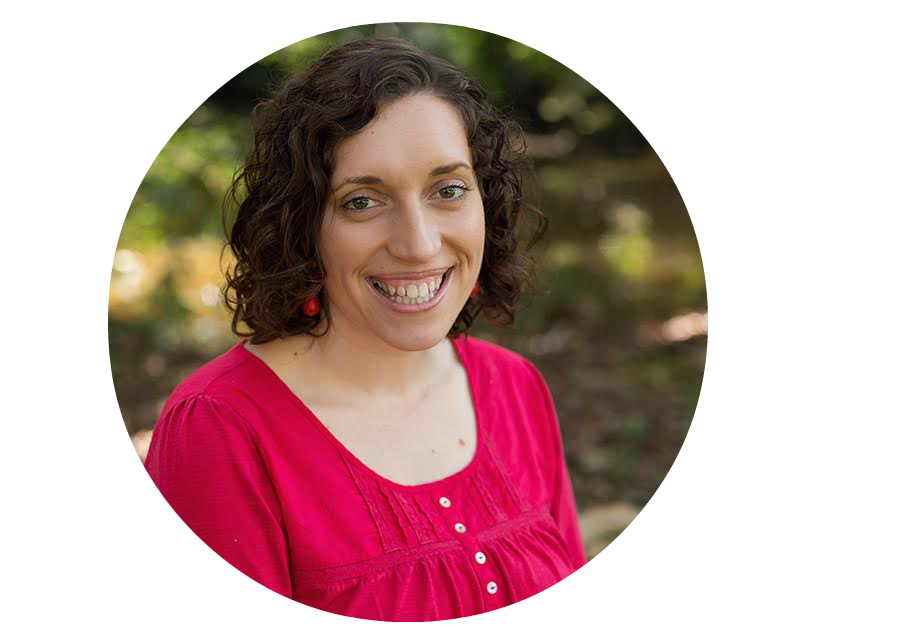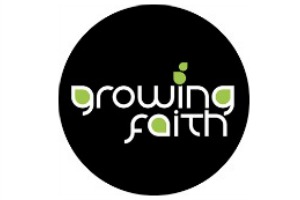Over the past months and years, morality has been on the cultural menu and as Christians we have served up a good dose of guilt without much gospel. Recently, as a young lady I know came to meet Jesus, I sat and chatted through the questions she had about her newly discovered faith. It saddened me to hear that some of her first concerns about becoming a Christian were questions over whether she needed to disown her homosexual friends or if she needed to condemn women who had aborted their children; it made me think that somewhere the church has gone terribly wrong. I stopped and looked- and there I saw the planks piling up; the planks in my own eyes that have gone unchecked and the planks that piled up at the door of the church. (Matthew 7:3-5). The planks that were blocking the invitation from Jesus for all who knock to come and meet him.
This took me back to a conversation I had with a friend in my teens, who had snuck off to have an abortion on a school excursion, and her questioning me as to whether Jesus would ever forgive her. As she shared the depth of pain she felt of having no-one to turn to when she found herself pregnant and alone, it saddened me that the Church hadn’t been the hospital and haven for which she was drawn to. It wasn’t the light on the hill proclaiming that the kingdom of heaven is here, instead it was something disconnected from everyday life, a beacon of judgement by a God who was perceived to vengefully deal with mankind.
Sin and a Holy God
In Australia, the outcry and disgust voiced over homosexual marriage and the legalisation of abortion, have been the match that the devil has used to light the fire of condemnation to a world in desperate need of Jesus. Instead of being known for proclaiming the gospel- a free gift for all who in repentance turn to the Son- the church has voiced condemnation on one hand; or acceptance if you belong to a Church prepared to water down the hard hitting truths of sin and the gospel.
Yet as we wrestle with God’s call for a sinful people to come into relationship with a Holy God; it is clear there is a cost. None are worthy, none are able. For it is only through the death of the perfect God-man Jesus that we are able to confidently draw near to God. In no way, are we told to “continue in sin so that grace would abound” (Romans 6:1); sin is sin. But to leave the discussion at the point of condemnation, we completely miss the message of the Saviour. So as Christians, we continue to try and navigate a moral debate in the public arena on a highly flammable topic and wonder why the latest Social Media post causes controversy.
At Bible studies and in conversations over coffee, it becomes apparent that for the most part, the majority of Christians I know are just downright confused. How do we love the homosexual without supporting their sexuality? How do we love the woman who has chosen abortion and invite her to meet Jesus? How do we share the reality of sin and hell, when it makes even those of us who believe in it uncomfortable? How do we love our children when they choose to shack up with their partner and have sex outside of marriage? What difference does the gospel really make to our everyday lives?
Purchased at a Price
As I ask these questions alongside the person in the pew next to me, I glance down at the white robes given to me; costly as they were purchased by the blood of the Lamb (Revelation 7:9-14). I am reminded that too quickly, I have forgotten my hero; my Saviour who purchased my salvation. Like the Pharisees, I have started putting tabs on myself- congratulating myself for not swearing in the meeting, for remembering my Quiet Time, or for offering to pray for a friend going through a rough time. I have watered down the call to repentance in my own life, instead turning Christianity into a list of dos and don’ts. I have compared my sin to theirs- their addiction to alcohol is nothing like my addiction to Facebook; their sleeping around is nothing like me watching that raunchy new series on Netflix. I have justified my own behaviour in order to keep my beautiful mask in place, when actually my mask mirrors the beautiful whitewashed tombs of the lives of those Pharisees who have gone before me. I can’t help but see that it is a slow fade, a general watering down of biblical truths and the quiet acceptance of my own sin, that has contributed to a very confused message being dealt up on Facebook.
The Costly Call to Follow
In Genesis chapters 1 and 2, God lays out his basic plan for human flourishing. He creates Adam, then Eve and commands them as a married couple, to be fruitful and multiply. Fast forward 6000 years and we live in an age of convenience and choice. We choose where we want to live, who we want to have sex with and when, what career we should have, what gossip to take part in, what pastimes to pursue. We sit and gorge ourselves on the smorgasboard of delights, sharing our choices with the world in an attempt for validation and love, all the while declaring that being a Christian actually doesn’t look that different.
Check the Plank
So how do we respond? To sin in general as well as our own sin? How do we do better, because heaven knows we certainly need to. Paul in 1 Corinthians 6:17-20 exhorts us to flee from sexual immorality, to remember that we are joined to the Lord. In Ephesians 5:1-21, we are told to be “imitators of God, as beloved children. And walk in love, as Christ loved us and gave himself up for us, a fragrant offering and sacrifice to God.” We are to walk as children of the light, trying to discern what is pleasing to the Lord (Ephesians 5:8-10). Our lives are bought at a price; let us as individuals and a nation seek repentance for offering condemnation on one hand, or watered down love on the other; instead as we see our white robes, may we heed the call to Spirit-given holiness; as we dig into God’s word and are renewed by it, may we not conform to the world but may our minds be transformed (Romans 12:2); as our hearts seek first the Kingdom, may our hands love the broken and hurting. As we speak out into the darkness, may it be the gospel invitation that is served up on the menu, a call that I too was a sinner in need of repentance who met a Saviour who offered forgiveness even when he was slowly dying on the cross. Like the sinful woman at the well, may we proclaim to a world in need, “Come, see a man who told me everything I ever did. Could this be the Messiah?” (John 4:29). May our lives look radically different, not because we are pointing out the specks in the lives of people outside the Church, but because we heed the call to follow a holy God.








